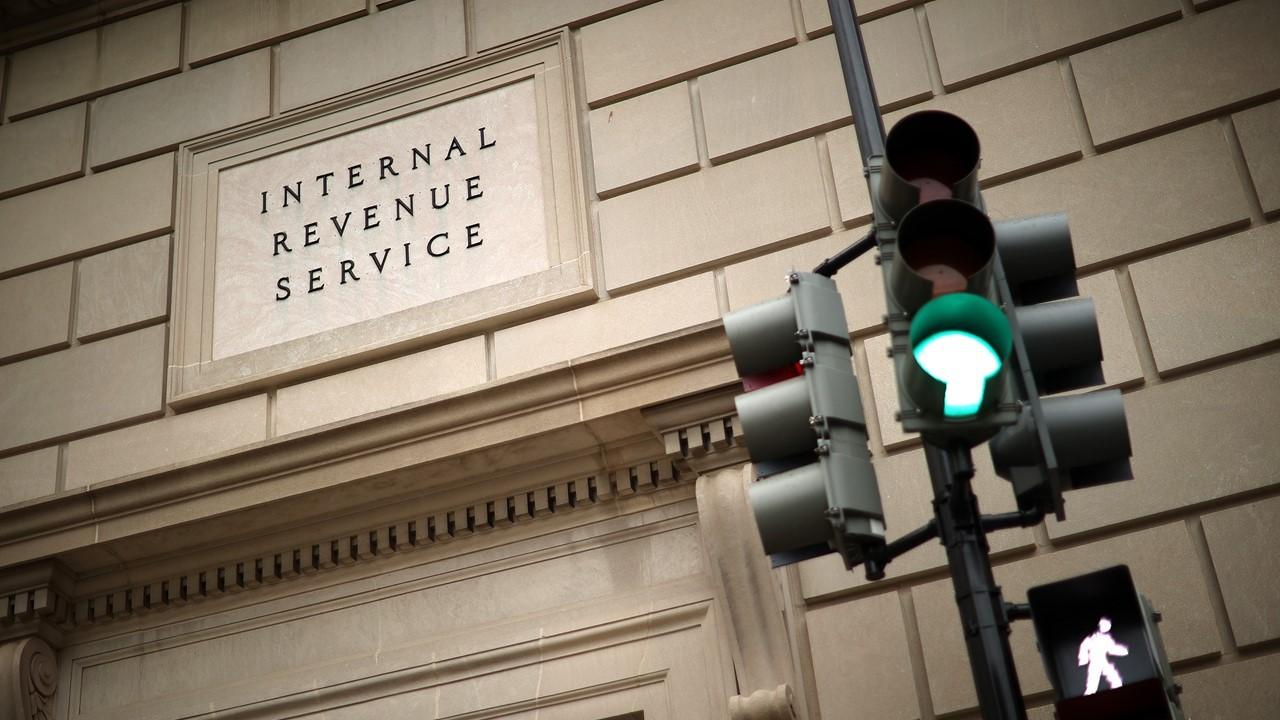Should I File a Tax Extension Before the Tax Deadline?
The extended deadline for filing 2020 taxes is quickly approaching on May 17. You can file for an extension if needed to avoid penalties from failure to file.
May 14 2021, Published 10:17 a.m. ET

Paying Uncle Sam every year is a chore that most Americans dread. Even if a tax refund is expected, very few people enjoy the process of gathering tax information and completing the required paperwork. Also, tax returns for 2020 might be more complicated than usual, thanks to the many changes amid the COVID-19 pandemic.
If you suffered a loss of employment or reduction in income due to the COVID-19 pandemic and if you received Economic Impact Payments, those events might impact your taxes. Aso, the IRS has been inundated with work due to pandemic office closures, backlogs of 2019 returns, and issuing stimulus payments.
Americans got a reprieve when the tax filing deadline was extended from April 15 to May 17. Many state tax extensions apply as well. Now that the extra month to prepare your return is almost up, should you file a tax extension if you can’t get it done in time?
What happens if taxes are late?
The IRS allows citizens to file a tax extension. There are a number of reasons people might need or want an extension, like not having all of the required documents on time, dealing with a family emergency, or simple procrastination.

The IRS states that anyone can file electronically for an extension. Those who do so will have until October 15 to file a complete tax return. However, the tax payment is still due on May 17. TurboTax notes, “Inability to pay is the worst reason to file an extension.”
Penalties for filing taxes late
The IRS charges penalties for several issues in filing taxes failure to file—failure to pay, failure to pay properly estimated tax (for those who use quarterly estimated tax payments), and penalties for a dishonored check.
Filing an extension helps you avoid penalties for failure to file, but if you don’t pay your taxes by the regular due date, you’ll be on the hook for penalties for failure to pay.
Here are some guidelines from the IRS about penalties:
- Failure to file means a 5 percent penalty on unpaid tax, charged monthly for up to five months.
- Installment agreements to spread out your payments might reduce the penalties.
- Minimum penalties are enforced if you file over 60 days past the due date, including extensions.
- Failure to pay tax reported on the return starts at a penalty of 0.5 percent of unpaid tax and can increase up to a 25 percent penalty.

When taxes are due if you file an extension
The interesting thing about a tax extension is that it doesn’t provide additional time to pay your taxes, but only time to file your taxes. The estimated tax is still due by the regular deadline of May 17.
The IRS also allows users to get an extension by paying part or all of the estimated tax due and specifying that the payment is for an extension. This saves a step and you won’t need to file a separate extension request.
You can Free File with many tax preparation companies to get the extension and estimated payments. You can also use Form 4868 to apply electronically for an extension.
